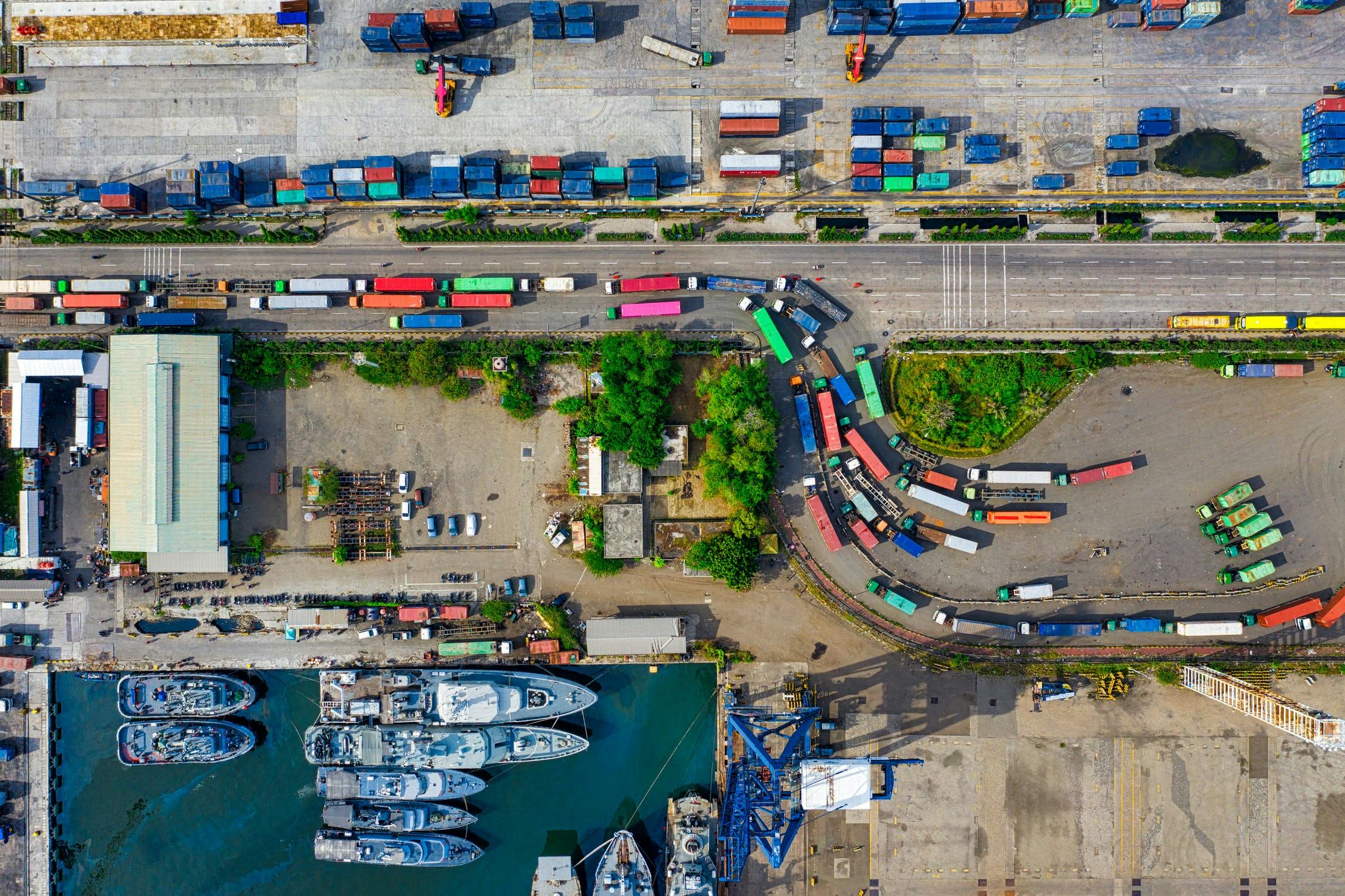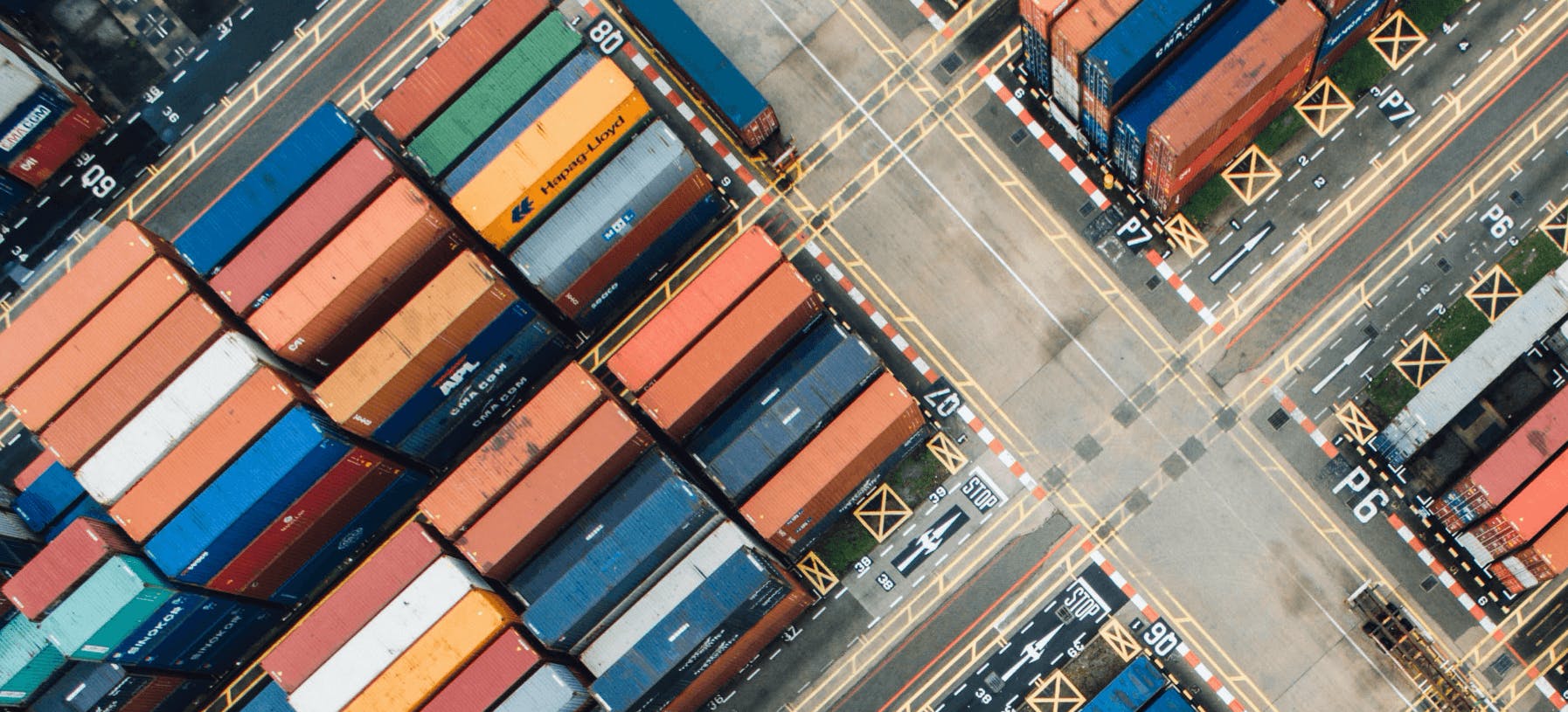GT12 – Make-or-break: Including Multilateral Environmental Agreements as “essential elements” in EU Free Trade Agreements
This note, which focuses on introducing “essential element” clauses in EU FTAs, is prepared as part of a series of publications that Europe Jacques Delors has undertaken with the support of the European Climate Foundation, to explore critical issues at the intersection of trade and sustainable development. This policy paper builds on preliminary ideas on this issue set out in GT7, entitled Sustainable Developments in EU trade Agreements.
The European Union (EU) is increasingly recognizing the importance of linking trade with environmental objectives. The Green Deal notes that “trade policy could serve as a platform to engage with trading partners on climate and environmental action”1. Similarly, the Trade Policy Review published by the European Commission in 2021 highlights the important role of trade policy in combatting climate change and environmental degradation, noting that progress will depend on the level of ambition adopted by global partners that are large emitters.
Free Trade Agreements (FTAs), which comprise a significant part of the EU’s trade policy, are a critical tool for aligning the EU’s trade and environmental agendas. FTAs can serve as a platform of engagement on sustainability issues with global trade partners and facilitate trade in green technologies, goods, services, and investment. In addition, FTAs can encourage the ratification and implementation of commitments made under Multilateral Environmental Agreements (MEAs). Hitherto, this has been done in EU FTAs through provisions that reaffirm the parties’ commitments to MEAs that they have ratified and require the parties to implement them. However, these provisions may be inadequate to incentivize compliance with MEAs, as they fail to stipulate the consequences of a breach.
To address limitations of existing MEA references in FTAs, momentum is building in the EU to elevate MEA provisions to the status of “essential element” clauses. Specifically, in its 2021 Trade Policy Review and 2022 Review of Trade and Sustainable Development provisions, the Commission announced its intent to make the Paris Agreement an essential element of future trade agreements. So far, this approach has already been adopted in the EU-UK Trade and Cooperation Agreement (TCA) and the EU-New Zealand FTA. In other recently concluded, or ongoing FTA negotiations, such as the EU-Mercosur FTA respectively, the parties’ obligations under the Paris Agreement are highlighted, but not as part of an essential element clause.
Legally, turning the Paris Agreement into an essential element of the FTA allows the parties to suspend the trade agreement in whole or in part, following a breach of the Paris Agreement. This marks an important innovation in the EU’s approach to sustainable trade, with potential significance for the wider sustainability agenda.
The EU’s commitment to turning the Paris Agreement into an essential part of its FTAs represents a significant step towards better aligning environmental and trade objectives in FTAs. However, it is only the beginning of what will likely be a complicated and lengthy process focused on how to operationalize these essential element clauses, and on identifying what MEAs, other than the Paris Agreement, could be elevated to essential elements of the EU’s FTAs. Indeed, the Commission in the Trade Policy Review has noted that it will evaluate the possibility of including the Convention on Biological Diversity (CBD) as an essential element in its FTAs. Moreover, once a more comprehensive list of MEAs has been identified, work must be done to clarify how the parties can establish a breach of an essential MEA, as well as how FTAs can be a more effective vehicle to ensure compliance with MEAs.
To further facilitate the uptake of the essential element concept in the context of MEAs, this policy brief first explores the origin of essential element clauses and the rationale of applying them to MEAs. It then develops parameters to assess what other MEAs could appropriately be considered essential elements of future EU FTAs. Finally, it explores, with an emphasis on the Paris Agreement, how to operationalize essential provisions in MEAs by distilling provisions that set out the “essence” of the MEA.










